Home>Furniture & Design>Interior Design Trends>How To Get Water Stains Off Of Glass
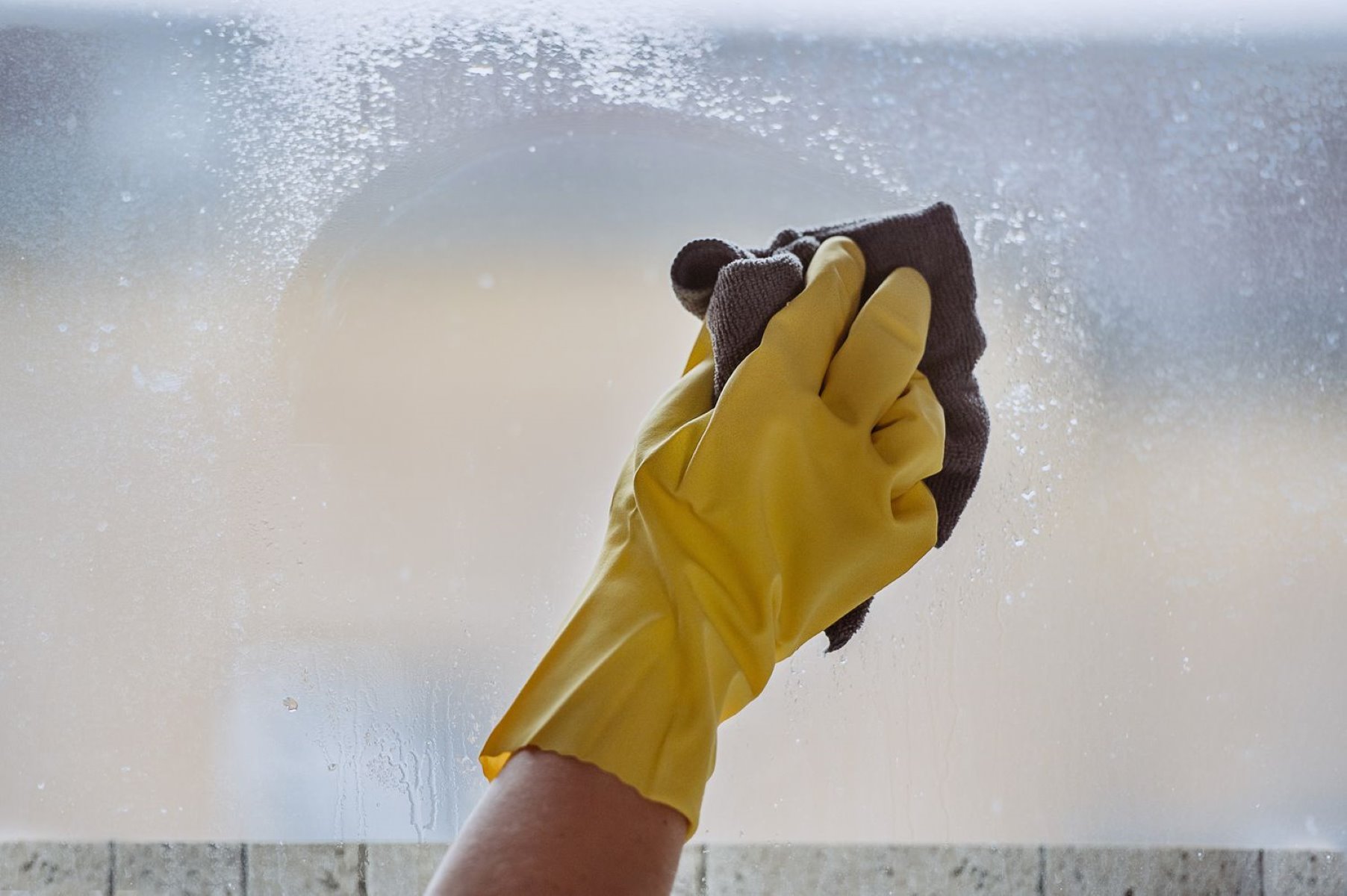

Interior Design Trends
How To Get Water Stains Off Of Glass
Modified: October 19, 2024
Learn effective techniques for removing water stains from glass surfaces. Discover the latest interior design trends for a sparkling, stain-free home.
(Many of the links in this article redirect to a specific reviewed product. Your purchase of these products through affiliate links helps to generate commission for Storables.com, at no extra cost. Learn more)
Introduction
Water stains on glass surfaces can be a frustrating eyesore, diminishing the overall aesthetic appeal of your living space. Whether it's on your shower doors, windows, or glassware, these stubborn marks can be a challenge to remove. However, with the right techniques and a bit of elbow grease, you can restore the clarity and shine of your glass surfaces.
In this comprehensive guide, we will delve into the various methods for effectively removing water stains from glass. From natural DIY solutions to commercial cleaners, we'll explore the most effective approaches to tackle this common household issue. Additionally, we'll discuss preventive measures to help you maintain the pristine condition of your glass surfaces, ensuring that water stains become a thing of the past.
By the end of this article, you'll be equipped with the knowledge and strategies to bid farewell to those pesky water stains and enjoy crystal-clear glass in your home. So, let's embark on this journey to reclaim the sparkle and transparency of your glass surfaces!
Key Takeaways:
- Say goodbye to water stains on glass by using vinegar, baking soda, or commercial cleaners. Prevent future stains by squeegeeing, using distilled water, applying coatings, and enhancing ventilation. Enjoy crystal-clear glass surfaces with these simple solutions!
- Vinegar, baking soda, and commercial cleaners are effective at removing water stains from glass. Prevent stains by squeegeeing, using distilled water, applying coatings, and enhancing ventilation. Keep your glass surfaces sparkling and free from unsightly blemishes!
Understanding Water Stains on Glass
Water stains on glass are a common occurrence in many households and can be attributed to the mineral content present in hard water. When water droplets evaporate on glass surfaces, they leave behind mineral deposits such as calcium, magnesium, and silica. Over time, these deposits accumulate and form cloudy, white spots or streaks, creating an unsightly appearance on the glass.
The mineral content in hard water is the primary culprit behind the formation of water stains. When hard water comes into contact with glass and subsequently evaporates, it leaves behind these mineral deposits, resulting in the formation of stubborn stains. Additionally, if the water is left to air dry on the glass surface, the concentration of minerals increases, exacerbating the formation of water stains.
Furthermore, environmental factors such as humidity and temperature can influence the severity of water stains on glass. In areas with high humidity, water stains may appear more frequently due to the prolonged contact between moisture and glass surfaces. Similarly, fluctuations in temperature can impact the rate of evaporation, affecting the deposition of mineral residues on the glass.
It's important to note that the composition of the glass surface itself can also play a role in the formation of water stains. Porous or etched glass surfaces provide microscopic irregularities where mineral deposits can easily adhere, making the stains more challenging to remove.
Understanding the underlying causes of water stains on glass is crucial in determining the most effective methods for their removal. By gaining insight into the nature of these stains, you can tailor your approach to effectively combat and prevent their recurrence, ultimately preserving the pristine clarity of your glass surfaces.
Methods for Removing Water Stains
When it comes to banishing water stains from glass surfaces, there are several effective methods that can restore the pristine clarity of your glassware, windows, or shower doors. From natural DIY remedies to commercial cleaners, each approach offers a unique solution to tackle stubborn water stains. Let's explore these methods in detail:
Using Vinegar and Water
Vinegar, a versatile household staple, is renowned for its acidic properties, making it an excellent natural cleaner for dissolving mineral deposits. To utilize vinegar for water stain removal, create a solution by mixing equal parts of white vinegar and water. Apply the solution to the affected glass surface and let it sit for several minutes to allow the acidic properties to break down the mineral residues. Afterward, scrub the area with a non-abrasive sponge or cloth, then rinse and dry the glass thoroughly. The acetic acid in vinegar effectively combats water stains, leaving your glass surfaces sparkling and streak-free.
Using Baking Soda and Water
Baking soda, another household essential, can be employed to tackle water stains on glass. Form a paste by mixing baking soda with water to create a mildly abrasive yet gentle cleaning agent. Apply the paste to the affected areas and gently scrub the glass surface using a soft cloth or sponge. The mild abrasive nature of baking soda aids in lifting and loosening the mineral deposits, facilitating their removal. After scrubbing, rinse the glass thoroughly and marvel at the restored clarity and shine.
Read more: How To Get Hard Water Stains Off Bathtub
Using Commercial Glass Cleaners
For those seeking a convenient and potent solution, commercial glass cleaners formulated specifically for water stain removal are readily available. These cleaners are designed to effectively dissolve and eliminate mineral deposits, offering a hassle-free approach to restoring glass surfaces. When using commercial cleaners, it's essential to follow the manufacturer's instructions for optimal results. Additionally, consider choosing a cleaner that is specifically tailored for addressing water stains to ensure maximum efficacy.
By employing these methods, you can effectively combat water stains and rejuvenate the transparency of your glass surfaces. Whether you opt for natural remedies like vinegar and baking soda or choose the convenience of commercial cleaners, each approach offers a pathway to reclaiming the pristine clarity of your glassware, windows, and shower enclosures. With the right method at your disposal, you can bid farewell to water stains and revel in the brilliance of crystal-clear glass throughout your home.
Using Vinegar and Water
Vinegar, a household staple with remarkable versatility, serves as a potent natural solution for combating water stains on glass surfaces. Its acidic properties make it an effective agent for dissolving mineral deposits, restoring the pristine clarity of glassware, windows, and shower doors. When utilized in combination with water, vinegar becomes a formidable ally in the battle against stubborn water stains.
To harness the stain-fighting power of vinegar, begin by creating a simple yet potent cleaning solution. Mix equal parts of white vinegar and water to form a diluted vinegar solution. This balanced mixture ensures that the acidic properties of the vinegar are effectively harnessed without being overly concentrated, providing an optimal blend for combating water stains.
Once the vinegar and water solution is prepared, apply it generously to the affected glass surface. Allow the solution to sit for several minutes, enabling the acidic nature of the vinegar to penetrate and break down the mineral residues responsible for the water stains. This dwell time is crucial in ensuring that the vinegar can effectively dissolve and loosen the stubborn deposits, preparing them for removal.
After the solution has been given ample time to work its magic, it's time to take action against the water stains. Armed with a non-abrasive sponge or cloth, gently scrub the affected areas, targeting the dissolved mineral deposits. The combination of the acidic vinegar solution and the mechanical action of scrubbing works in tandem to dislodge and lift the stubborn stains from the glass surface.
Following the scrubbing process, thoroughly rinse the glass surface with clean water to remove any residual vinegar solution and loosened mineral deposits. Once rinsed, dry the glass surface with a clean, lint-free cloth to reveal the remarkable transformation – a sparkling, streak-free expanse of glass, free from the blemishes of water stains.
The acetic acid in vinegar serves as a formidable foe against water stains, effectively dissolving and dislodging mineral deposits to restore the pristine clarity of glass surfaces. This natural and cost-effective solution offers a compelling alternative to commercial cleaners, providing a sustainable and eco-friendly approach to combating water stains.
By harnessing the stain-fighting prowess of vinegar and water, you can bid farewell to the frustration of water-stained glass and revel in the brilliance of crystal-clear surfaces throughout your home. With this simple yet potent method at your disposal, the battle against water stains is one that can be decisively won, restoring the luster and transparency of your glass surfaces with remarkable efficacy.
Using Baking Soda and Water
Baking soda, a ubiquitous household staple renowned for its myriad applications, emerges as a formidable ally in the quest to eliminate water stains from glass surfaces. Its mild abrasive nature, coupled with its gentle yet effective cleansing properties, positions it as a versatile solution for restoring the pristine clarity of glassware, windows, and shower enclosures.
To harness the stain-lifting potential of baking soda, begin by creating a simple yet potent paste. Combine baking soda with water, blending the two elements to form a smooth, spreadable consistency. This paste serves as a gentle yet effective abrasive agent, capable of dislodging and lifting mineral deposits responsible for water stains without causing damage to the glass surface.
Once the baking soda and water paste is prepared, apply it generously to the affected areas of the glass surface. The mild abrasive nature of the paste enables it to effectively target and loosen the stubborn mineral deposits, preparing them for removal. This gentle yet potent action sets the stage for the remarkable transformation that awaits.
Armed with a soft cloth or sponge, gently scrub the glass surface, focusing on the areas where water stains have taken hold. The mild abrasive action of the baking soda paste, combined with the mechanical motion of scrubbing, works in harmony to lift and dislodge the mineral deposits, gradually revealing the underlying clarity of the glass.
Following the scrubbing process, thoroughly rinse the glass surface with clean water to remove any residual baking soda paste and loosened mineral deposits. As the water cascades over the glass, carrying away the remnants of the stains, the transformative power of baking soda and water becomes increasingly evident.
The result is a remarkable metamorphosis – the once-blemished glass surface now exudes a radiant clarity, free from the encumbrance of water stains. The gentle yet potent action of baking soda and water has effectively restored the transparency and luster of the glass, offering a compelling testament to the efficacy of this natural remedy.
By harnessing the stain-lifting prowess of baking soda and water, you can bid farewell to the frustration of water-stained glass and revel in the brilliance of crystal-clear surfaces throughout your home. This natural and cost-effective solution provides a compelling alternative to commercial cleaners, offering a sustainable and eco-friendly approach to combating water stains.
Using Commercial Glass Cleaners
When it comes to combating water stains on glass surfaces, commercial glass cleaners tailored specifically for this purpose offer a convenient and potent solution. These specialized cleaners are formulated with powerful ingredients designed to dissolve and eliminate mineral deposits, providing an efficient and hassle-free approach to restoring the pristine clarity of glassware, windows, and shower enclosures.
Commercial glass cleaners engineered for water stain removal are available in various formulations, each offering unique benefits and targeted stain-fighting capabilities. These cleaners often feature potent ingredients such as acetic acid, citric acid, or other proprietary compounds that effectively break down and dislodge mineral deposits, facilitating their effortless removal from glass surfaces.
To utilize commercial glass cleaners for water stain removal, begin by selecting a high-quality product specifically formulated to address mineral deposits and water stains. It's essential to carefully read and follow the manufacturer's instructions to ensure optimal results and avoid any potential damage to the glass surface.
Once the appropriate commercial glass cleaner is selected, apply it generously to the affected areas of the glass surface. Allow the cleaner to dwell for the specified duration as indicated on the product label, enabling its potent formula to penetrate and dissolve the stubborn mineral deposits.
After the dwell time has elapsed, use a non-abrasive sponge or cloth to gently scrub the glass surface, targeting the loosened mineral residues. The powerful formulation of the commercial cleaner, combined with the mechanical action of scrubbing, works in synergy to dislodge and lift the mineral deposits, gradually revealing the pristine transparency of the glass.
Following the scrubbing process, thoroughly rinse the glass surface with clean water to remove any residual cleaner and dislodged mineral deposits. As the water cascades over the glass, carrying away the remnants of the stains, the transformative power of the commercial glass cleaner becomes increasingly evident.
The result is a remarkable restoration – the once-blighted glass surface now exudes a radiant clarity, free from the encumbrance of water stains. The potent action of the commercial glass cleaner has effectively rejuvenated the transparency and luster of the glass, offering a compelling testament to the efficacy of this specialized solution.
By harnessing the stain-fighting prowess of commercial glass cleaners, you can bid farewell to the frustration of water-stained glass and revel in the brilliance of crystal-clear surfaces throughout your home. This convenient and effective approach provides a compelling solution for combating water stains, ensuring that your glass surfaces remain immaculate and free from the unsightly blemishes of mineral deposits.
Mix equal parts white vinegar and water in a spray bottle. Spray the solution onto the glass and let it sit for a few minutes. Then, wipe the glass with a clean cloth or paper towel to remove the water stains.
Read more: How To Get Water Spots Off Glass
Preventing Water Stains on Glass
Preventing water stains on glass surfaces is a proactive endeavor that can significantly reduce the frequency and severity of mineral deposits, preserving the pristine clarity and aesthetic appeal of your glassware, windows, and shower enclosures. By implementing preventive measures, you can mitigate the impact of hard water and environmental factors, effectively thwarting the formation of unsightly water stains. Here are several strategies to prevent water stains on glass:
-
Squeegee After Each Use: Incorporating a squeegee into your post-shower routine can effectively minimize the accumulation of water droplets on glass shower doors. By swiftly removing excess water after each use, you can prevent the prolonged contact between moisture and the glass surface, reducing the likelihood of water stains.
-
Use Distilled Water: When cleaning glass surfaces, particularly for delicate glassware or decorative items, utilizing distilled water can mitigate the risk of mineral deposits. Distilled water, devoid of mineral content, minimizes the potential for water stains, ensuring that your glass remains free from unsightly blemishes.
-
Apply Hydrophobic Coatings: Hydrophobic coatings, specifically designed for glass surfaces, offer a protective barrier against water stains. These coatings repel water droplets, minimizing their contact with the glass and reducing the likelihood of mineral deposition, thereby preserving the pristine clarity of the glass.
-
Regular Maintenance: Implementing a regular cleaning and maintenance routine for glass surfaces can prevent the buildup of mineral deposits. By promptly addressing any water droplets or spills and utilizing gentle cleaning methods, you can mitigate the accumulation of residues that contribute to water stains.
-
Ventilation and Air Circulation: Enhancing ventilation and air circulation in areas prone to water stains, such as bathrooms and kitchens, can reduce the impact of humidity and moisture on glass surfaces. Adequate airflow helps to expedite the evaporation of water droplets, minimizing the opportunity for mineral deposits to form.
-
Water Softening Systems: Installing water softening systems can effectively reduce the mineral content in water, mitigating the formation of water stains on glass surfaces. By addressing the root cause of hard water, these systems offer a comprehensive solution for maintaining the clarity and brilliance of glass.
By integrating these preventive strategies into your maintenance routine, you can proactively safeguard your glass surfaces against the unsightly intrusion of water stains. With a proactive approach to prevention, you can uphold the pristine transparency and aesthetic allure of your glassware, windows, and shower enclosures, ensuring that water stains become a rarity rather than a recurring nuisance.
Conclusion
In conclusion, the battle against water stains on glass surfaces is a multifaceted endeavor that demands a blend of effective cleaning methods and proactive preventive measures. By understanding the underlying causes of water stains and harnessing the power of natural remedies such as vinegar and baking soda, as well as specialized commercial cleaners, you can effectively restore the pristine clarity of your glassware, windows, and shower enclosures.
The utilization of vinegar and water presents a natural and cost-effective solution, leveraging the acidic properties of vinegar to dissolve and dislodge mineral deposits, while the gentle abrasiveness of baking soda and water offers a versatile approach to lifting stubborn stains without causing damage to the glass surface. Additionally, commercial glass cleaners tailored for water stain removal provide a convenient and potent solution, offering a hassle-free approach to rejuvenating glass surfaces.
Furthermore, the implementation of preventive strategies such as squeegeeing, utilizing distilled water, applying hydrophobic coatings, and enhancing ventilation can significantly reduce the occurrence of water stains, preserving the pristine clarity and aesthetic appeal of glass surfaces. By integrating these proactive measures into your maintenance routine, you can mitigate the impact of hard water and environmental factors, ensuring that water stains become a rarity rather than a recurring nuisance.
Ultimately, the quest to banish water stains from glass surfaces is one that encompasses both reactive and proactive approaches. Whether employing natural remedies, commercial cleaners, or preventive strategies, the goal remains consistent – to uphold the transparency and brilliance of glass, free from the unsightly blemishes of water stains.
With the knowledge and strategies gleaned from this comprehensive guide, you are equipped to bid farewell to the frustration of water-stained glass and revel in the brilliance of crystal-clear surfaces throughout your home. By embracing the transformative power of effective cleaning methods and proactive prevention, you can ensure that water stains become a thing of the past, allowing the inherent beauty of glass to shine through unhindered.
Frequently Asked Questions about How To Get Water Stains Off Of Glass
Was this page helpful?
At Storables.com, we guarantee accurate and reliable information. Our content, validated by Expert Board Contributors, is crafted following stringent Editorial Policies. We're committed to providing you with well-researched, expert-backed insights for all your informational needs.
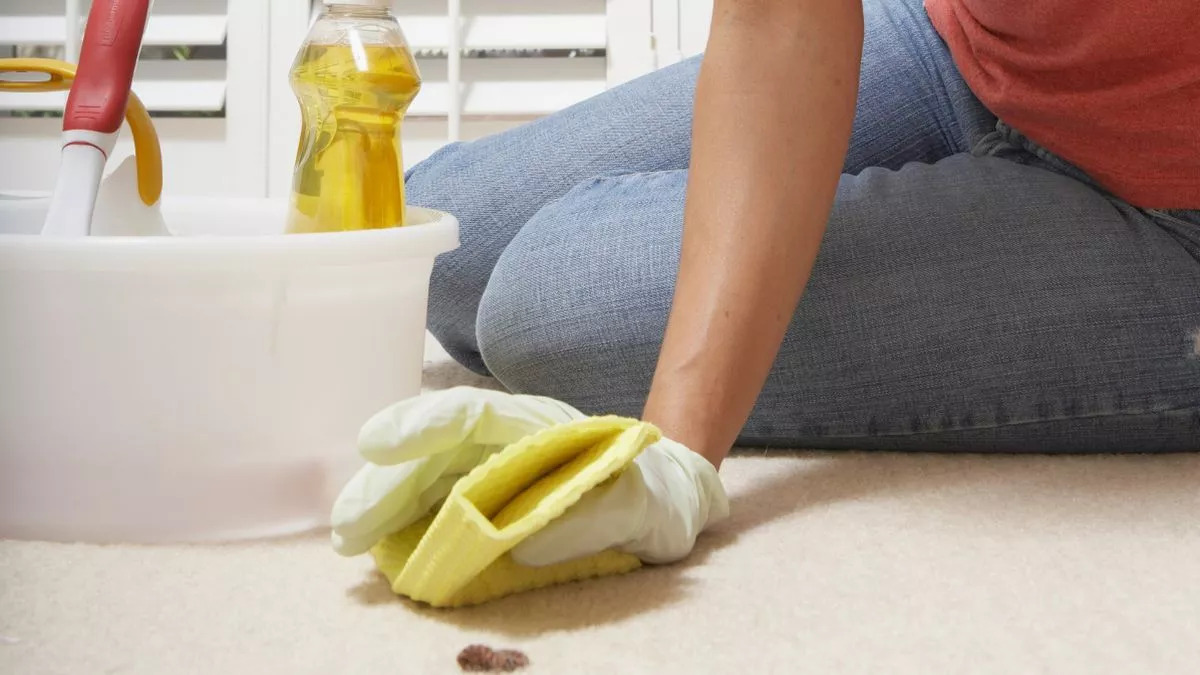
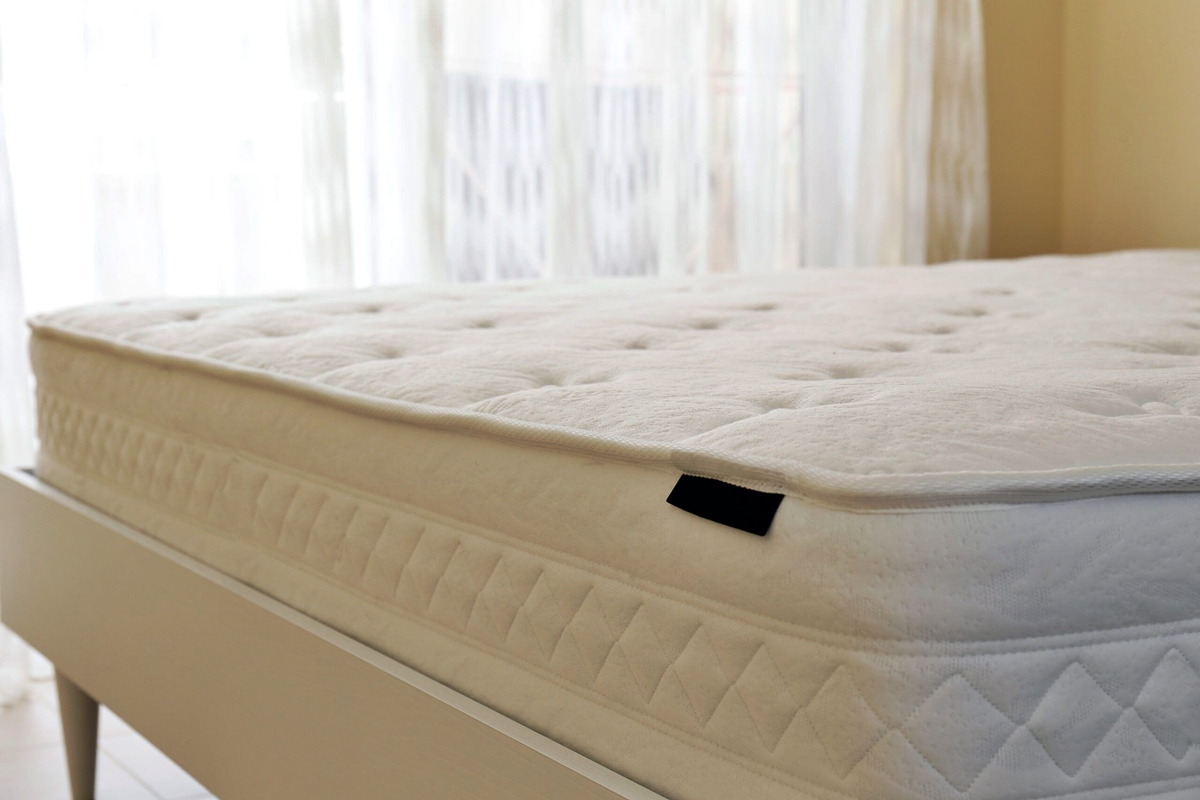
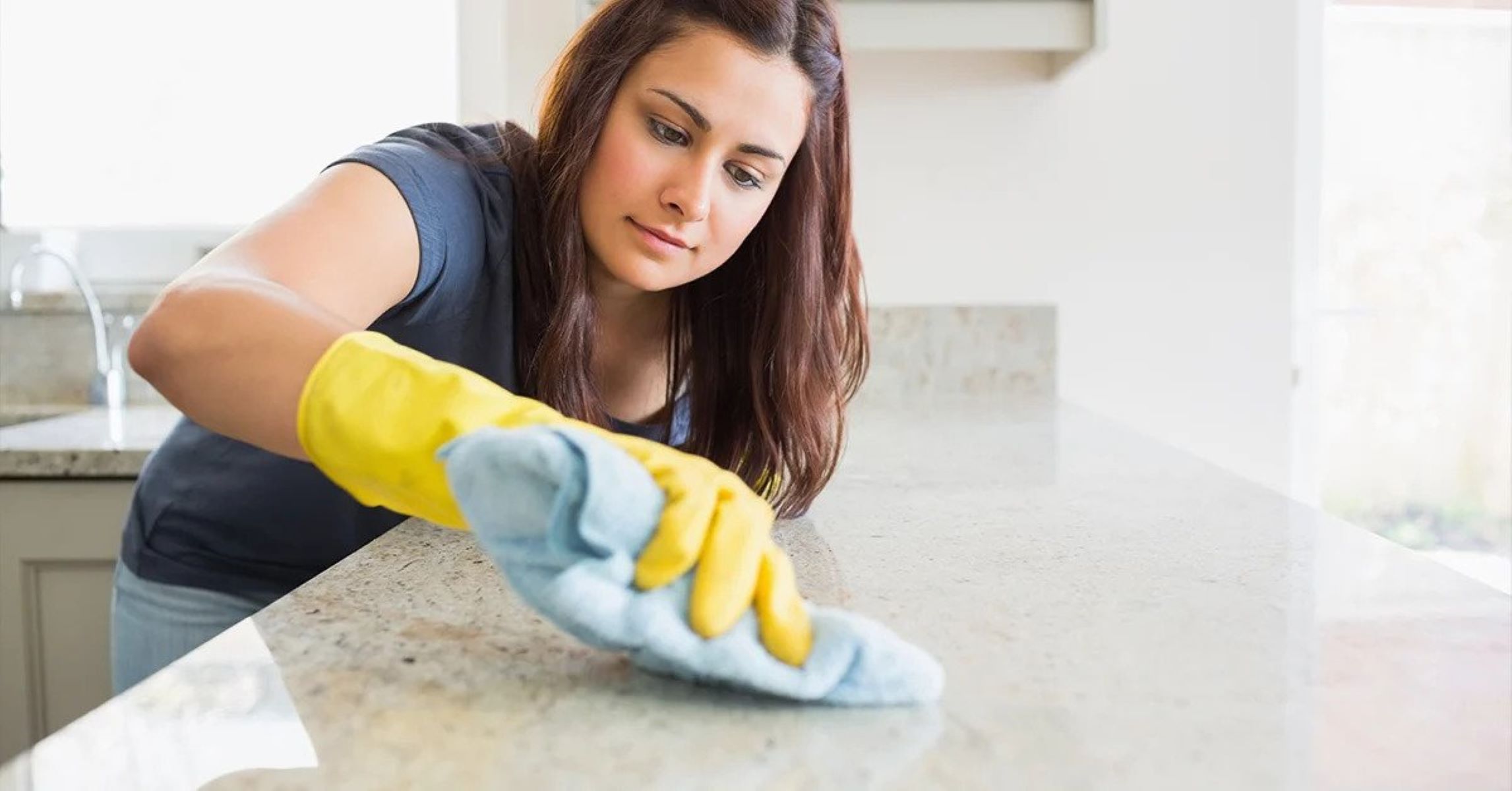

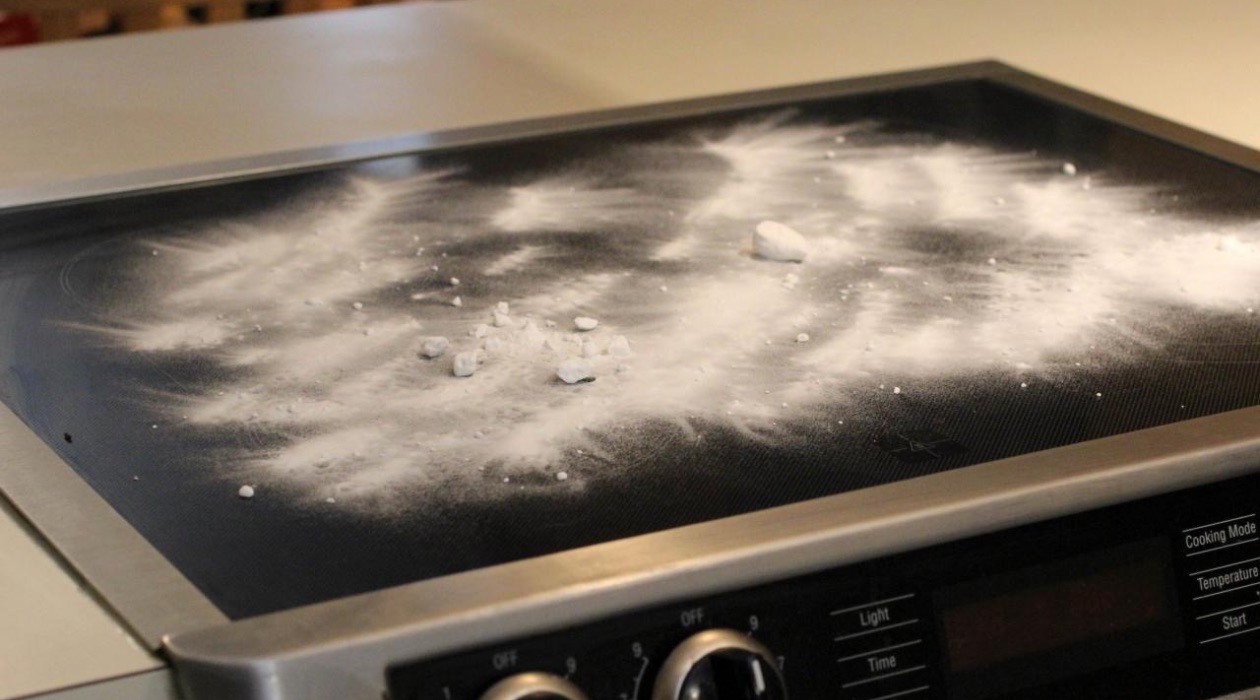
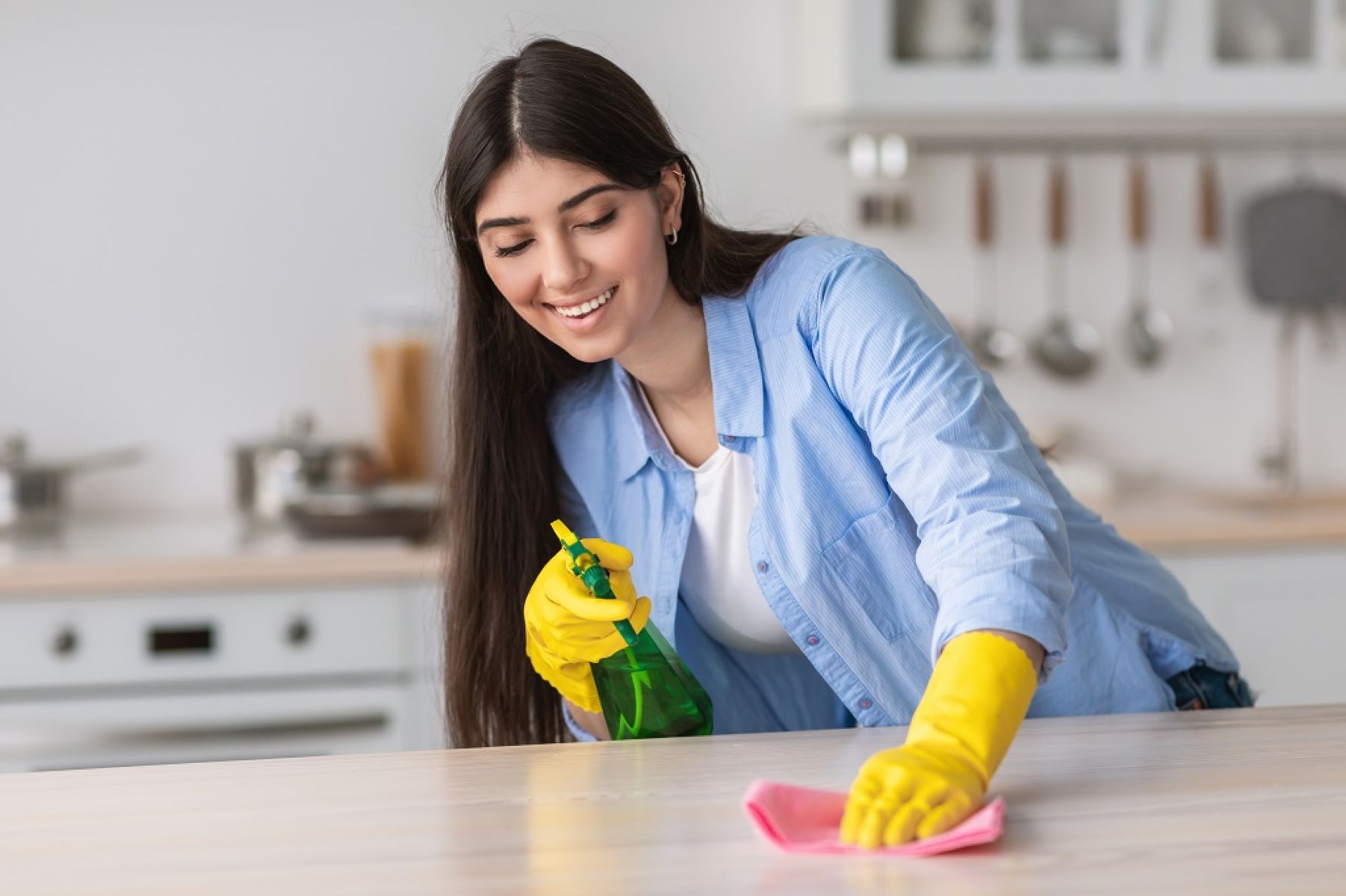
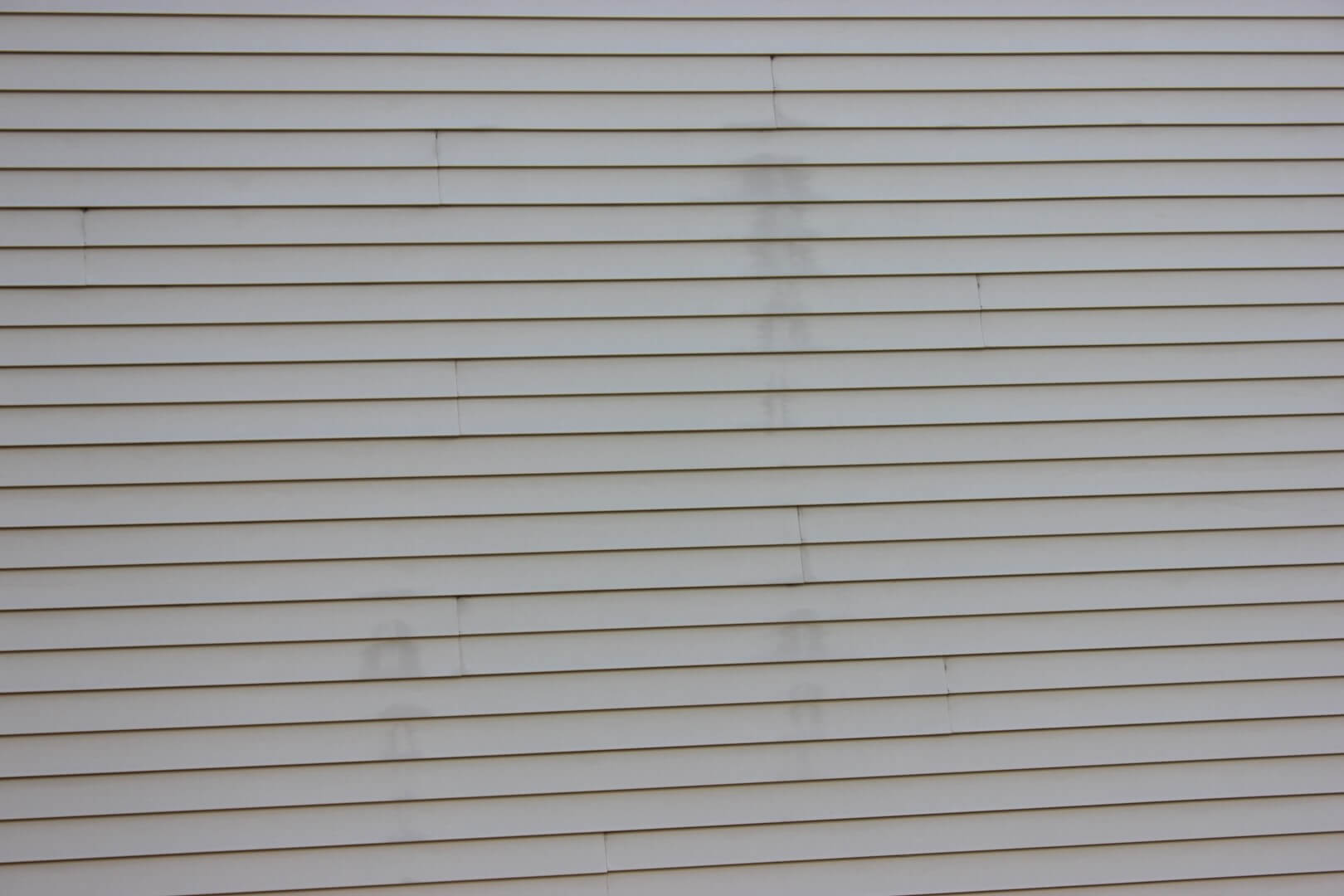
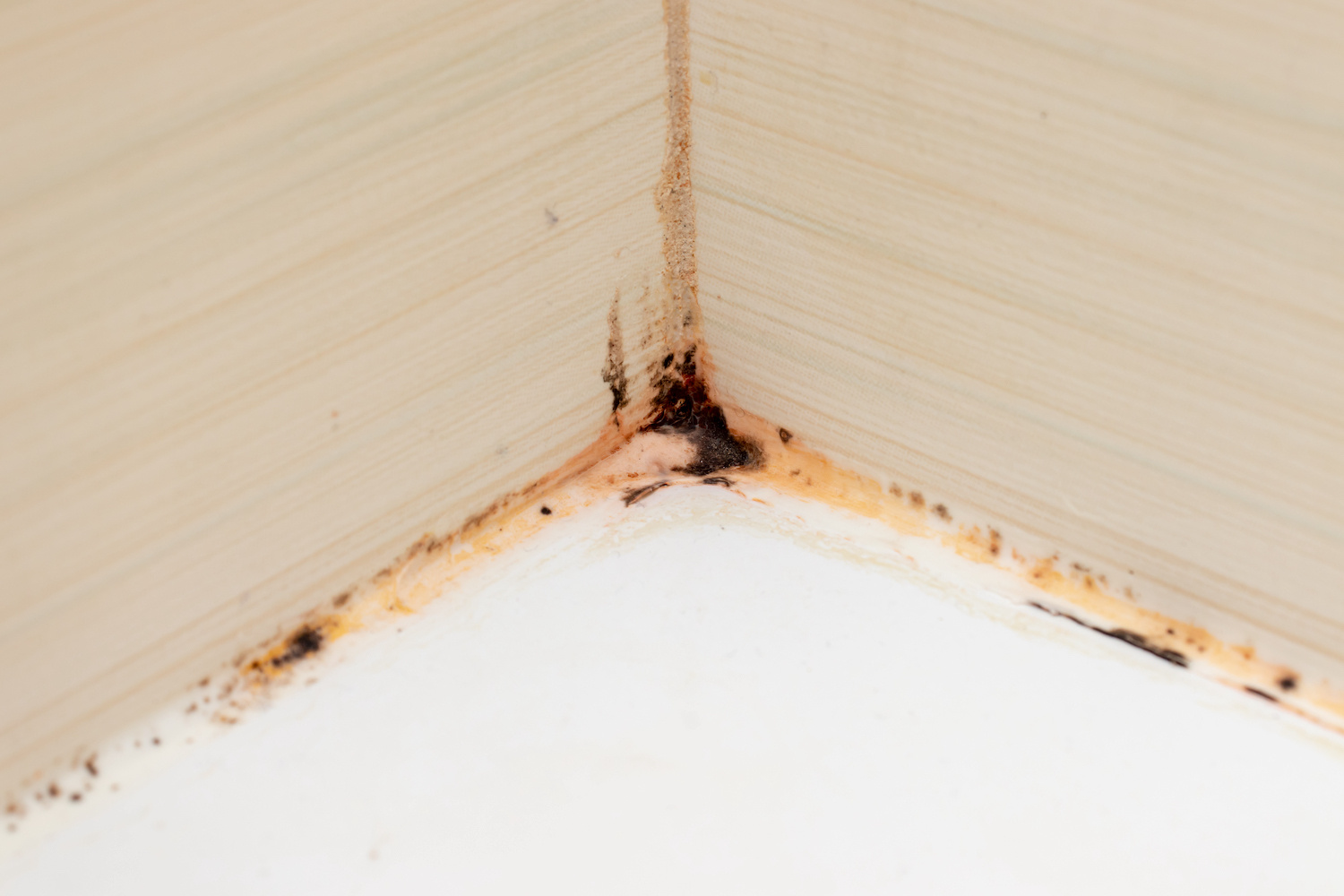
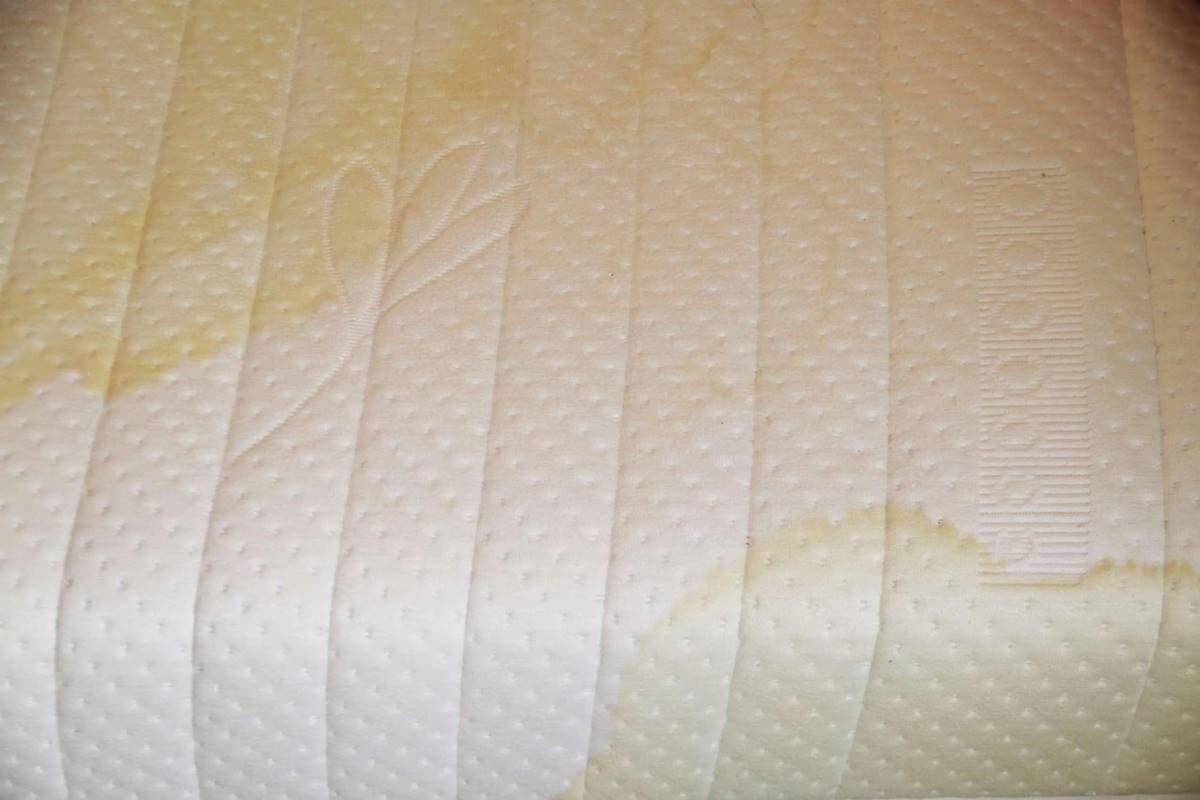
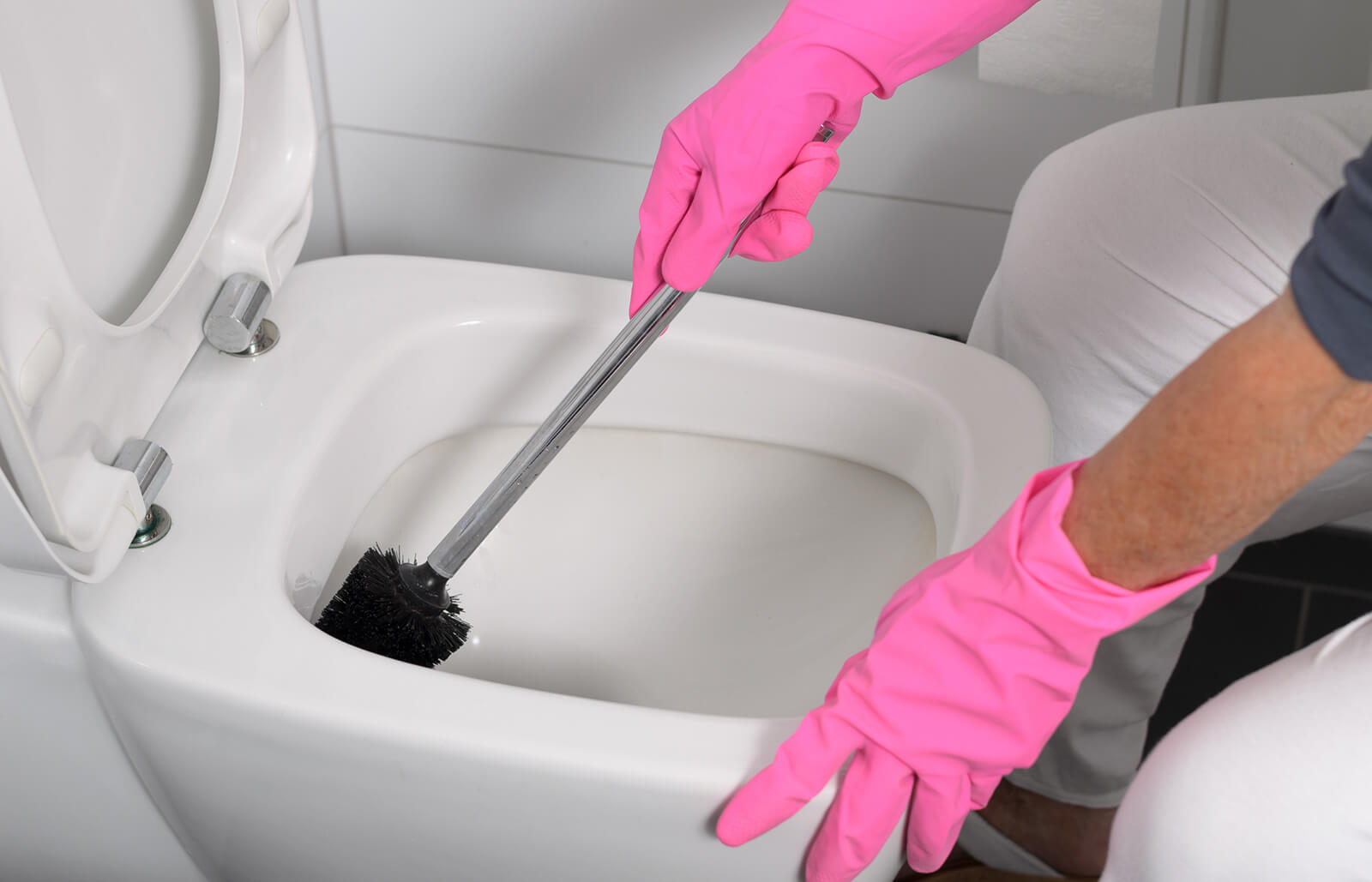
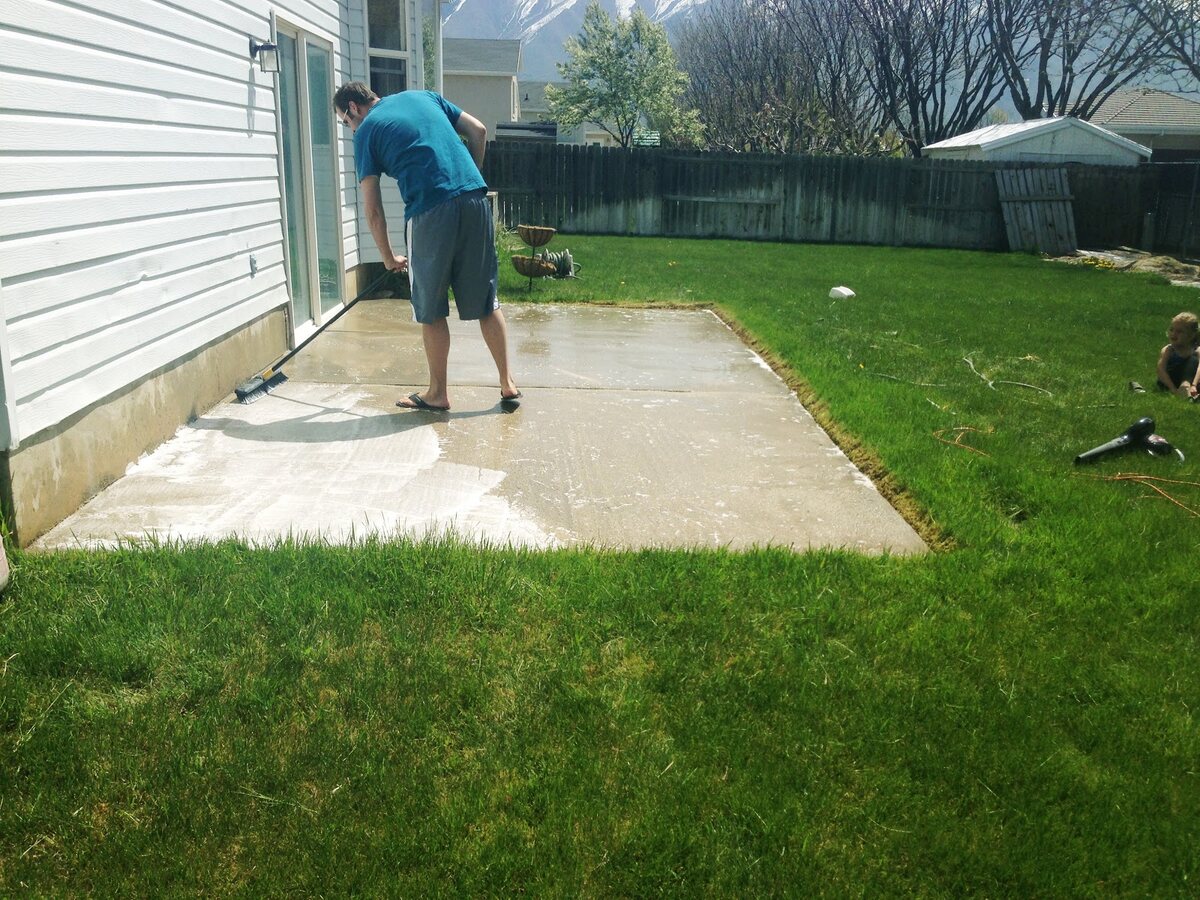
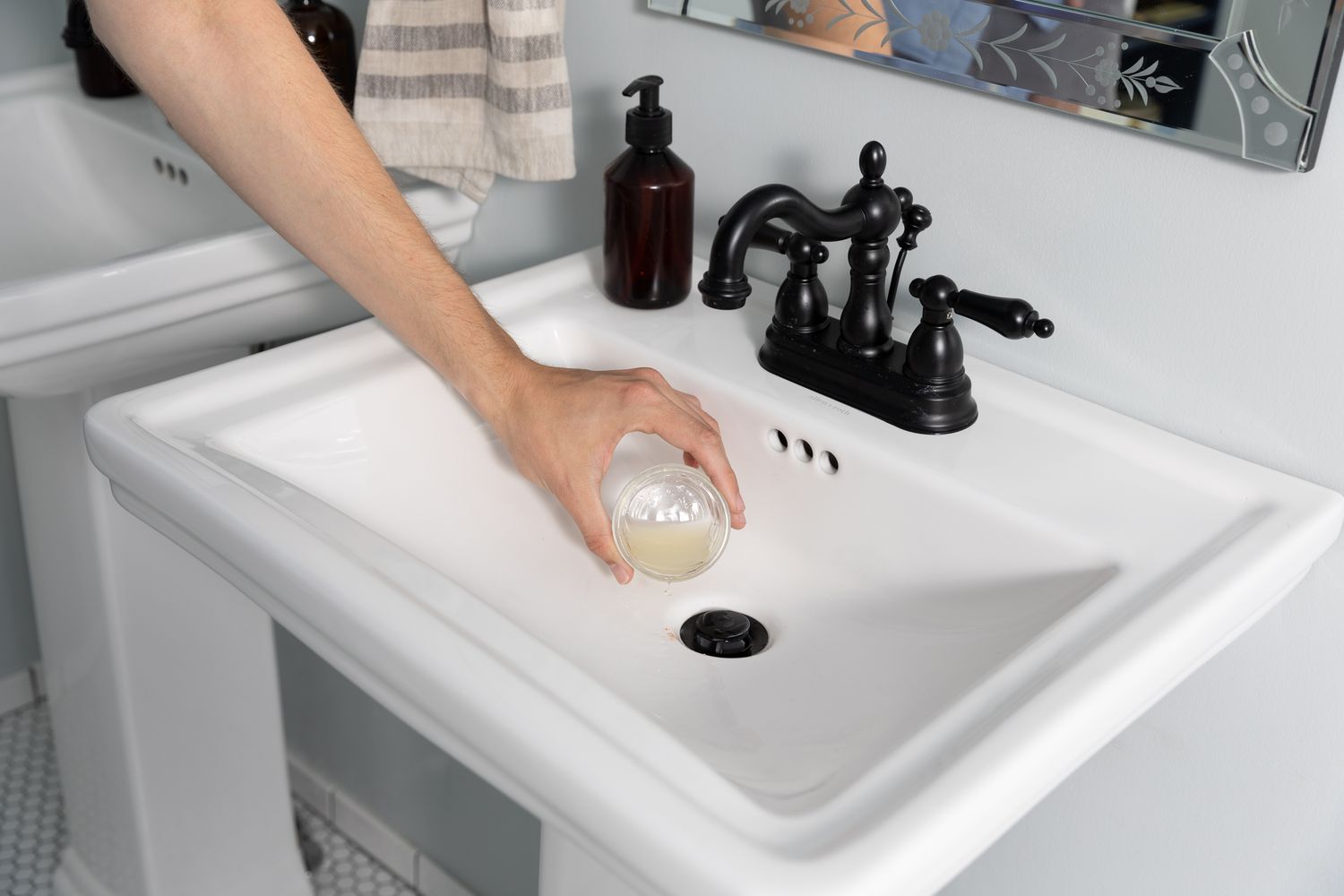
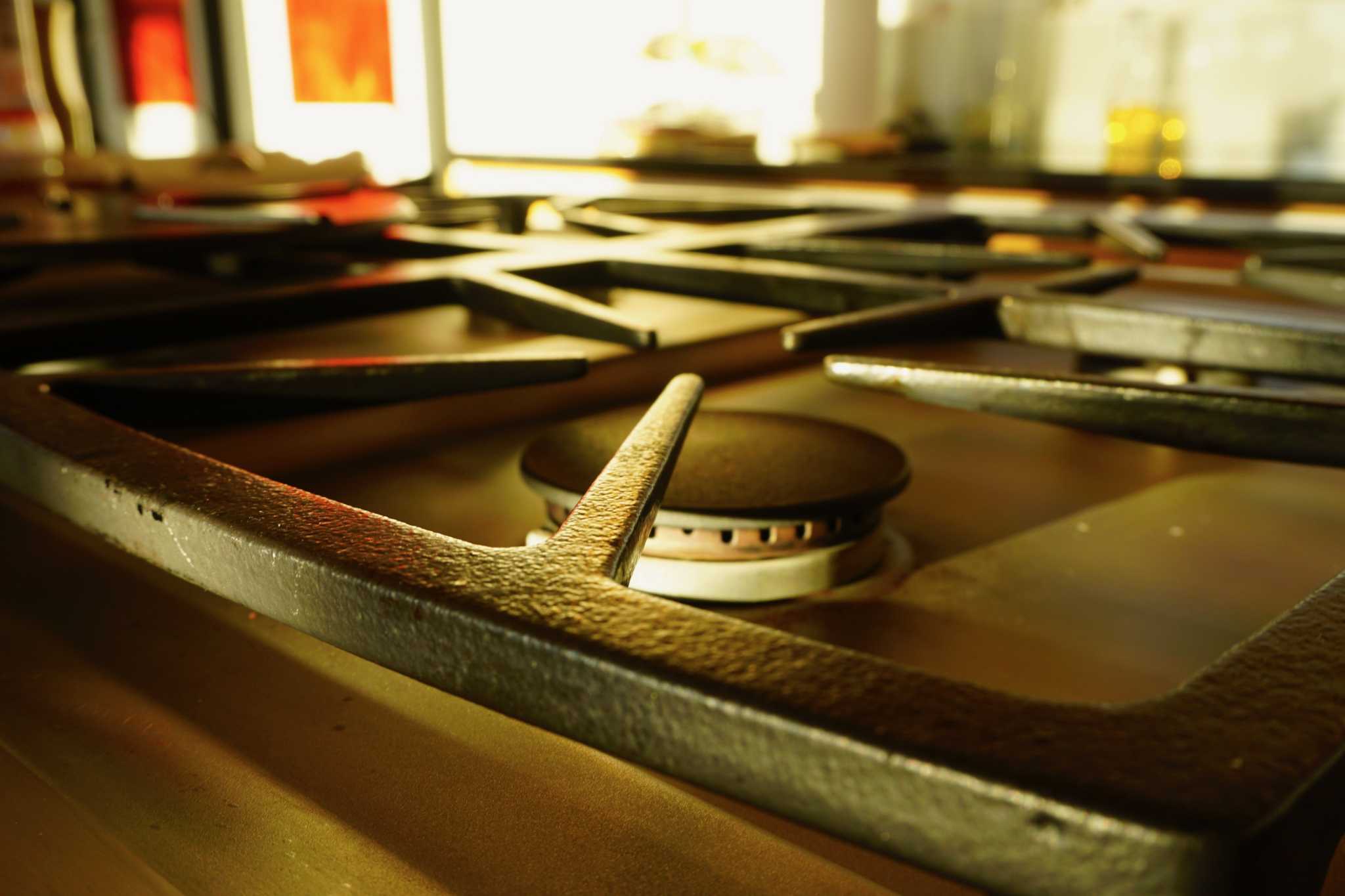

0 thoughts on “How To Get Water Stains Off Of Glass”